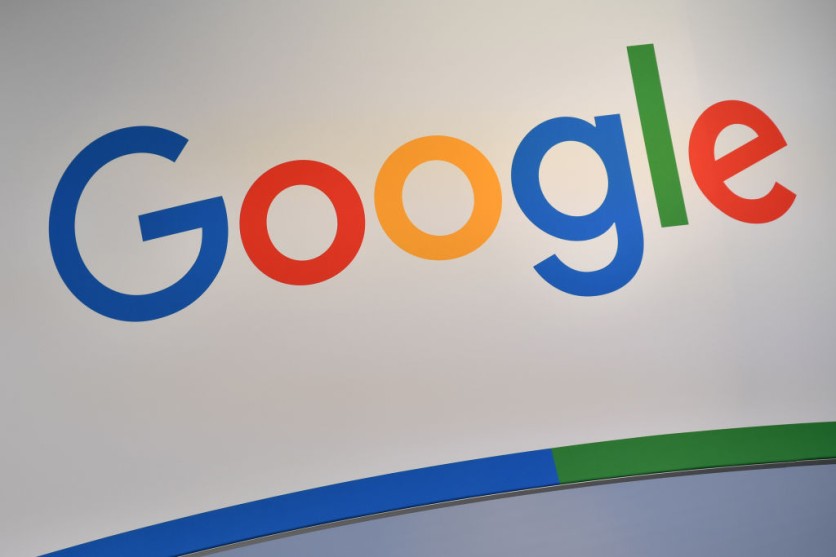Google is getting stricter about AI-generated content in political ads for the 2024 Presidential election, starting in November. This is Google's way of stopping fake information in elections.

Introducing New AI Restrictions for Elections
AI-generated images and audio are becoming increasingly influential in the lead-up to the 2024 Presidential election.
The Hill reported that this prompted Google to take proactive measures to combat the spread of misinformation, particularly in anticipation of what is expected to be a hotly contested election.
In response to this emerging challenge, Google made a significant announcement. They have decided to enforce stricter regulations for political advertisers, mandating transparent disclosure when their advertisements incorporate AI-altered or AI-generated elements.
This directive encompasses the use of AI tools and is seen as an extension of Google's existing Manipulated Media Policy. These measures are scheduled to be put into action starting in November, well ahead of the election season.
A spokesperson from Google provided further insights into this development, explaining that the decision stems from the increasing prevalence of tools capable of producing synthetic content. In essence, Google wants to ensure that advertisers are forthcoming about the use of digitally altered or generated material in their election-related ads.
It's important to note that Google will continue to allow minor edits such as resizing images, making minor background enhancements, or adjusting colors. These are considered acceptable and won't be subject to the new rules.
However, what Google intends to crack down on are ads that go beyond these minor alterations. Specifically, they will be closely scrutinizing advertisements that depict fabricated actions by individuals or entities or those that significantly manipulate authentic footage.
In other words, any content that creates false or misleading narratives through the use of AI-generated elements will be flagged and subject to review.
This move by Google reflects the growing concern over the potential for AI-generated content to contribute to the dissemination of misinformation, especially in the highly charged atmosphere of a political election.
Maintaining the Integrity of Electoral Process
By requiring transparency in political advertising, Engadget reported that Google aims to maintain the integrity of the electoral process and ensure that voters have access to accurate and reliable information.
Ultimately, the goal is to enhance the transparency and accountability of political messaging, providing a more trustworthy environment for voters to make informed decisions.
Advertisements that incorporate AI elements will be required to clearly and prominently label them as such to ensure transparency, according to Google's policy. This labeling must be easily visible to users.
These ads will undergo a two-step screening process: initial evaluation through Google's automated systems followed by human review as necessary. This stringent process aims to maintain transparency and accuracy in advertising content.
Also Read: AI-Generated Photos Pose a Threat to Democratic Processes, Experts Warn
X, which was previously known as Twitter, is making a complete reversal of its long-standing ban on political advertising. This change comes after the company initially relaxed its rules in January. Twitter has now announced that it will welcome political advertisers from all sides once again.

ⓒ 2026 TECHTIMES.com All rights reserved. Do not reproduce without permission.




